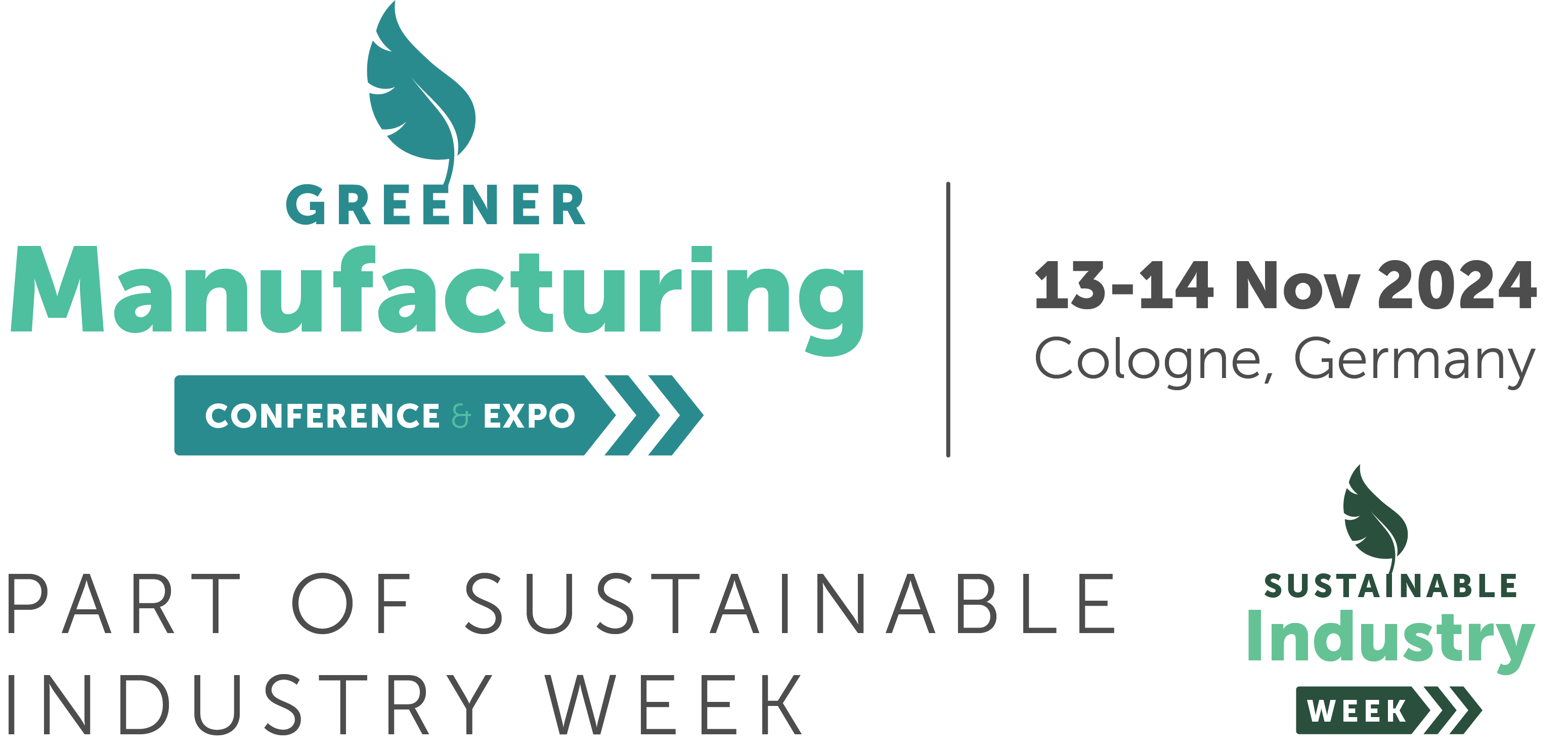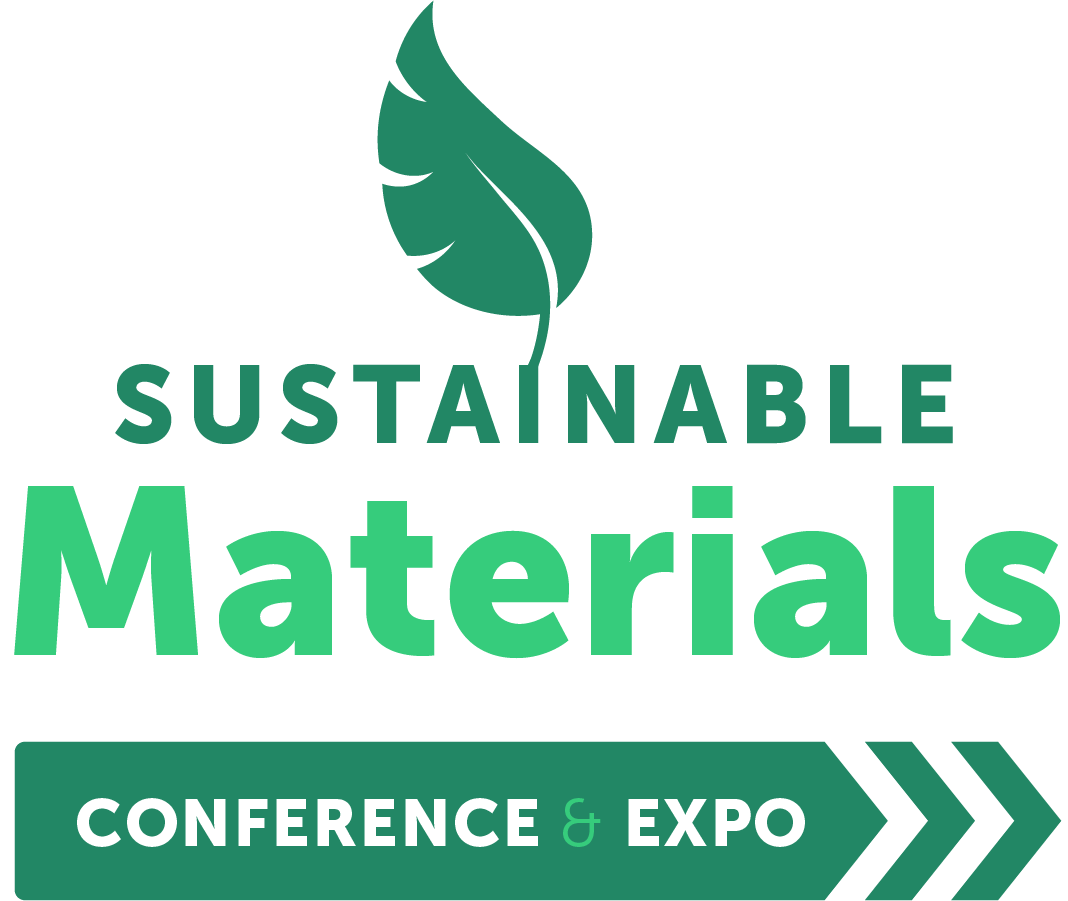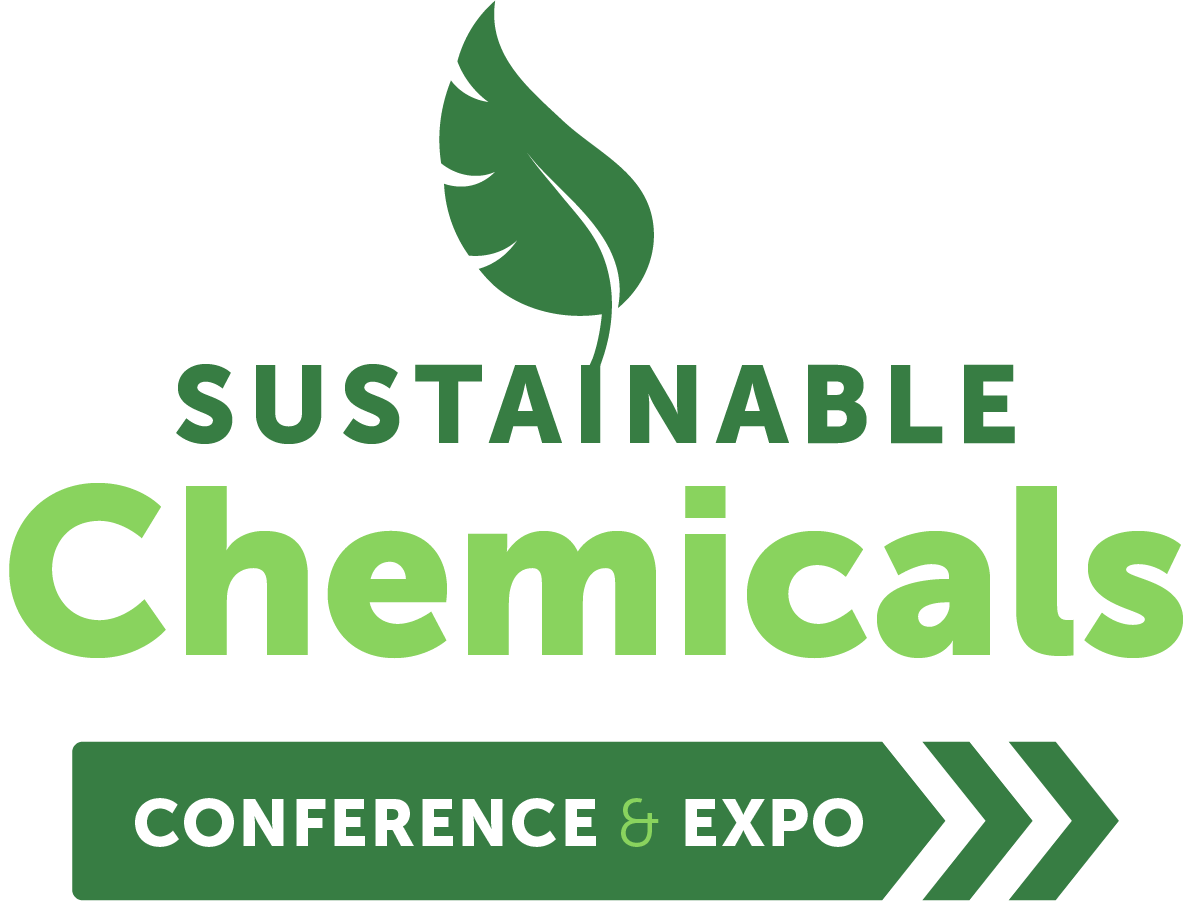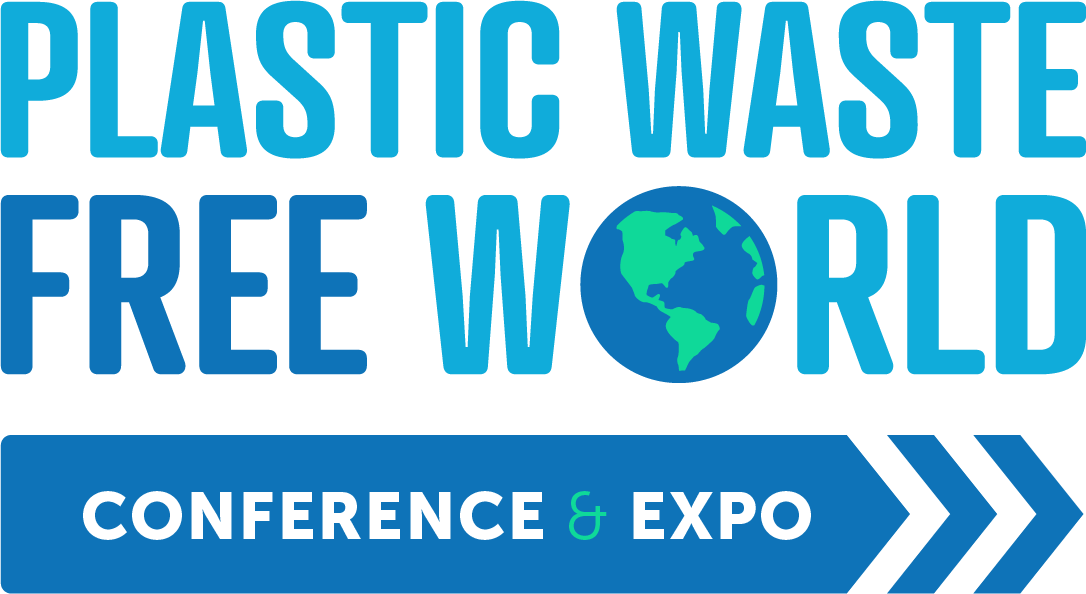Scientists at University of Konstanz announce development of biodegradable ‘self-healing’ mineral plastic
)
A breakthrough in biodegradable mineral plastic has occurred with scientists at the University of Konstanz. They claim that this new ‘self-healing’ mineral plastic is energy efficient, can be formed and re-formed in water and it can be moulded to fit the needs of different products.
The mineral plastic is energy efficient as it does not require high temperatures or lots of chemicals, but instead just needs to be in room temperature water during its development process and as it is extremely pliable, it can be easily shaped for an individual product’s requirements. Whilst the plastic will harden, if water is added it will become soft again and can be re-shaped. Another advantage is this new plastic is non-flammable and firmer than more common alternatives.
In 2016 Konstanz chemist Helmut Cölfen led a research team and developed a similar plastic, however they found issues with the initial material not being biodegradable. After more research they developed this new micro plastic, which maintains the mechanical and sustainable factors of the original plastic, but now also involves microbiological degradability.
“Previously, we used polyacrylic acid to produce our mineral plastic,” Cölfen explains. “Chemically, this acid has the same backbone as polyethylene, which is known to cause major problems in the environment because it is hardly biodegradable. Our new mineral plastic has the same positive properties as the previous one but has the decisive advantage that its basic building block – polyglutamic acid – can be produced with the help of microorganisms and is completely biodegradable.”
As polyglutamic acid is a natural biopolymer, which is available in large quantities, it can be biodegraded by various natural microorganisms. These microorganisms can be produced in large amounts through biotechnological processes, which will then produce large amounts of polyglutamic acid, creating the basic building block the team used to produce the ‘self-healing’ mineral plastic. The team ran many tests to check the material’s biodegradability, testing all the components together, rather than individually, and the experiments proved that after 32 days the plastic was degraded by natural microorganisms in the forest floor soil.
A breakthrough in biodegradable mineral plastic has occurred with scientists at the University of Konstanz. They claim that this new ‘self-healing’ mineral plastic is energy efficient, can be formed and re-formed in water and it can be moulded to fit the needs of different products.





